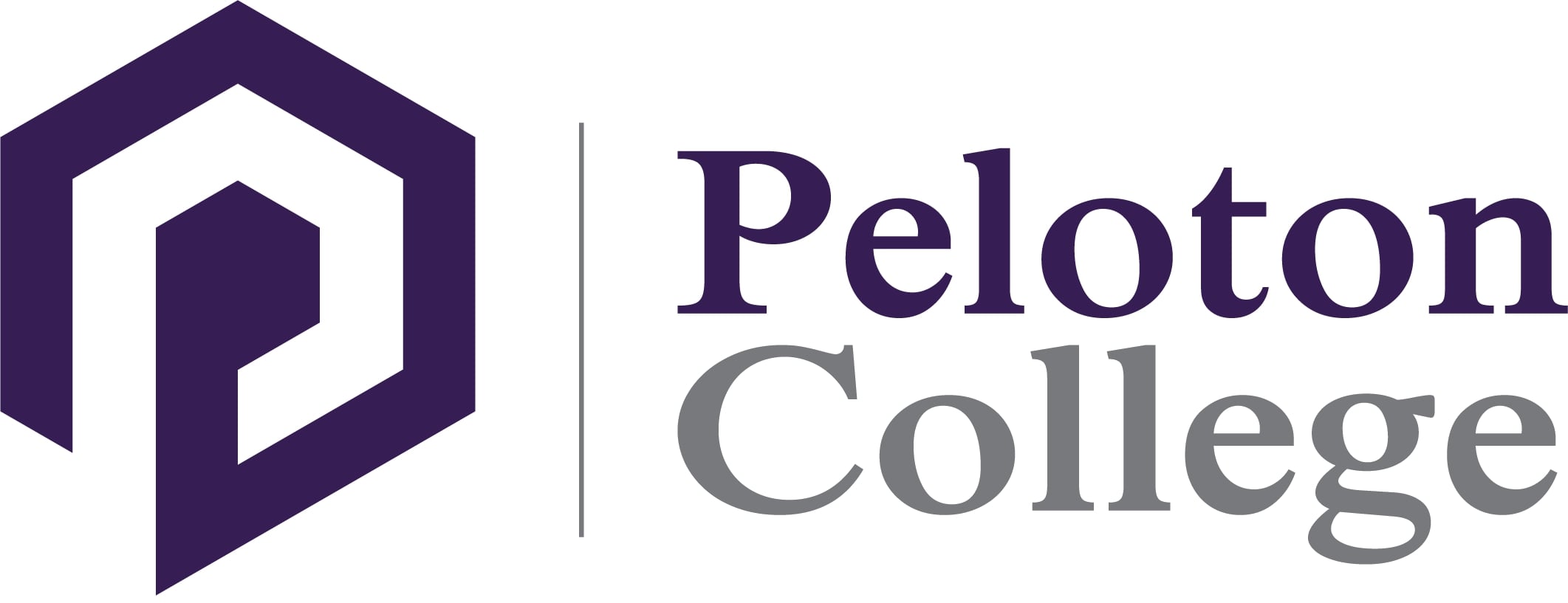Medical Assisting: A Versatile Career in Healthcare

If the last two years of the COVID-19 pandemic have revealed anything about the future, it’s that there is and will always be a great need for medical professionals in our world. And we are not just referring to doctors and nurses! Medical assistants are also in high demand as they play essential roles in providing patient care across the industry. In fact, according to the U.S. Bureau for Labor Statistics, employment for medical assistants is expected to increase by 18% by the year 2030.
But what is a medical assistant, and what does a career in medical assisting look like?
A true jack of all trades, medical assistants are healthcare professionals who assist doctors in offices and other clinical settings, providing both face-to-face care to patients and office administration to make operations run more efficiently. A medical assistant’s specific duties vary according to the setting. They are usually the first and last faces you see, recording information about your health to relay to your doctor and keeping you informed.
The following are some of the typical responsibilities of medical assistants:
- Greeting patients and their loved ones
- Recording patient symptoms and medical histories
- Explaining procedures to patients
- Preparing patients for exams
- Discussing prescriptions with patients
- Assisting doctors during exams
- Collecting blood, urine, and other specimens for lab testing
- Performing lab tests
- Administering medications and injections such as vaccinations
- Handling prescription refill requests
- Doing electrocardiograms
- Removing stitches and changing dressings
- Scheduling appointments
- Completing insurance forms
- Arranging hospital visits and tests
- Overseeing billing, accounting, and patient correspondence
As you can see, medical assistants must be adept at multitasking and customer service as well as an array of technical skills related to medical procedures and processes—all skills that lend themselves to various areas of the medical field including:
- Cardiology
- Chiropractic
- Dermatology
- Neurology
- Obstetrics
- Oncology
- Ophthalmology
- Orthopedics
- Pediatrics
- Plastic Surgery
- Psychiatry
- And more!
As a medical assistant, you not only have the flexibility of working in specialized areas of medicine, but because your skills and expertise easily translate to other careers in healthcare, you may also be able to apply for higher paying, more specialized positions. Here are just a few examples:
- Medical Records Specialist: These specialists organize patient and company information in databases. Keeping this information up-to-date, accurate, and safeguarded are among their top duties, and they give medical professionals access to these files as needed.
- EKG Technician: An EKG technician works directly with a doctor or nurse practitioner. They monitor patients’ cardiovascular health using electrocardiograph (EKG) equipment, as well as perform tests, check vitals, and collect medical information.
- Phlebotomy Technician: A phlebotomy technician draws blood from patients for lab testing. They keep all equipment sterilized, label samples, and deliver them to the appropriate location. These technicians may work in hospitals, clinics, blood banks, or donation centers.
- Patient Care Technician: Patient care technicians work under a nurse, doctor or other medical professional to care for patients. They administer routine tests and help patients with daily tasks. Administrative tasks like recording patient updates may also be part of their responsibilities.
- Medical Office Manager: A medical office manager supervises the staff of a medical office. They hire staff, handle onboarding and training, develop work schedules, and create a budget. They also institute new policies to improve processes and meet guidelines.
- Surgical Technician: Surgical technicians help surgeons in the operating room. They prepare the room, sterilize equipment, and assist with minor tasks during surgery. They also prepare patients before their procedure and provide wound care afterwards.
- Medical Claims Examiner: These professionals work with insurance companies and clients to resolve medical claims. They determine insurance coverage and use their knowledge of the field to evaluate medical claims. They document all processes and ensure legal compliance.
- Medical Clerk: Medical clerks work in most medical settings. They record patient data and help other staff with forms and paperwork. They also organize documents, enter data into computer databases, and provide assistance in internal audits.
As you can see, medical assisting is a fast-paced, versatile, and exciting career choice that opens a world of opportunity for learning and serving in the world of healthcare.
Whether you’re interested in working in a certain area of medicine, advancing to a more specialized position, or continuing on to become a nurse or doctor, medical assisting is a great, secure way to launch your professional career and make a real difference in the lives of many.
If you would like to learn more about the Medical Assistant Program at Peloton College, contact one of our advisors.



